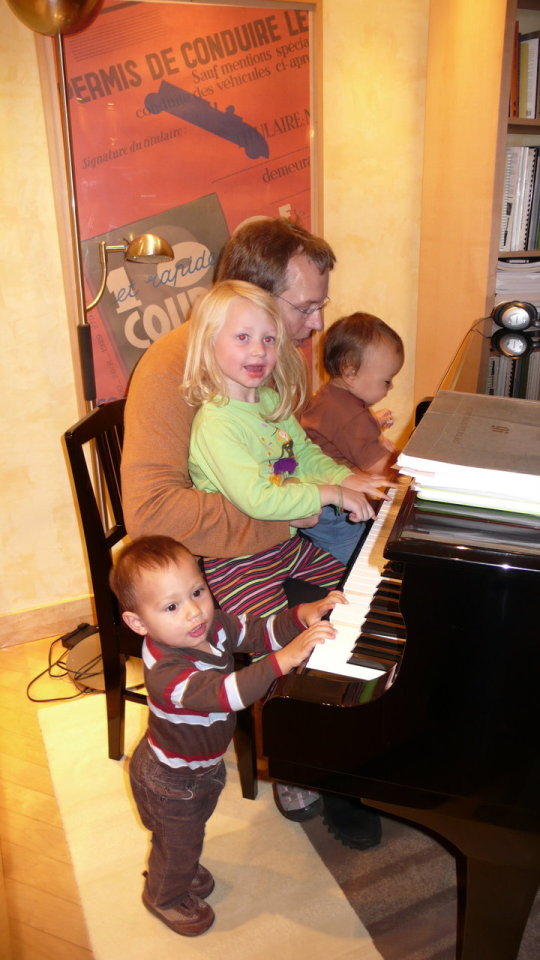918 posts
Opus 25
Opus 25
Continuing... you'll have already noted, from the previous post, my tendencies toward speed and a certain violence in the Etudes. Even the slow ones, truth be told. But take it with a grain of salt and the pepper will come later.
Wilhelm Backhaus
Ren Zhang (?!)
Vladimir Ashkenazy (?)
Nelson Freire
Dinu Lipatti
Mikhail Pletnev
Dubravka Tomsic
Lazar Berman
Andrei Gavrilov
Maurizio Pollini (?)
Andrei Gavrilov (!)
Grigory Sokolov
More Posts from Craigswanson
Opus Posthumous
And herewith we round out the set:
Samson François
Artur Rubinstein
Christian Ihle Hadland
So there it is. Next we'll go into op. 10 no. 1, that arpeggiated, C-majorated delight, more fun in the playing than the listening really. But that's to come tomorrow. Also, I will lay out the full list of piano players listened to and considered for this list. (It's long so I don't want to tack it on here.) Please feel free to let me know the error of my ways or how you'd do it differently.
Schumannology
I am going through an intensive Schumann phase and I don't know why. I have never, never been a Schumann fan, from my earliest days learning the piano. (I do not recall him at all in the days before that, in my single digits, when I was reading the lives of "the composers" and listening to their music.) With the exception of op. 21 (the Novelletten, perhaps his least played major work for piano), I just never felt the connection that piano players are supposed to feel for this music. Thanks to Pletnev, however, I discovered a heart for the op. 99 pieces. Thanks to Richter, for the op. 7 Toccata. And now my mind is filling with the sounds of op. 20 (the Humoreske for piano), the op. 38 1st Symphony, and the op. 41 string quartets. Mind: I don't expect ever to have anything like fellow feeling with the op. 26 (Faschingsschwank aus Wien) or the Papillons or Album für die Jugend, but I've opened up my head.
Sweaty backrooms, cigar-chomping promoters, Bangkok box-office bonanzas, all built around scenarios like this:
But Nancy Pellegrini, the classical and performance editor of Time Out in Beijing and Shanghai says the Lang Lang effect is not something to be celebrated. 'In developing countries, music is seen as a way out of poverty,’ she tells me. 'Since the success of Lang Lang, people think that if you’re really good at piano you can become an international superstar with more money than you know what to do with. So a lot of kids have been pushed into piano.
